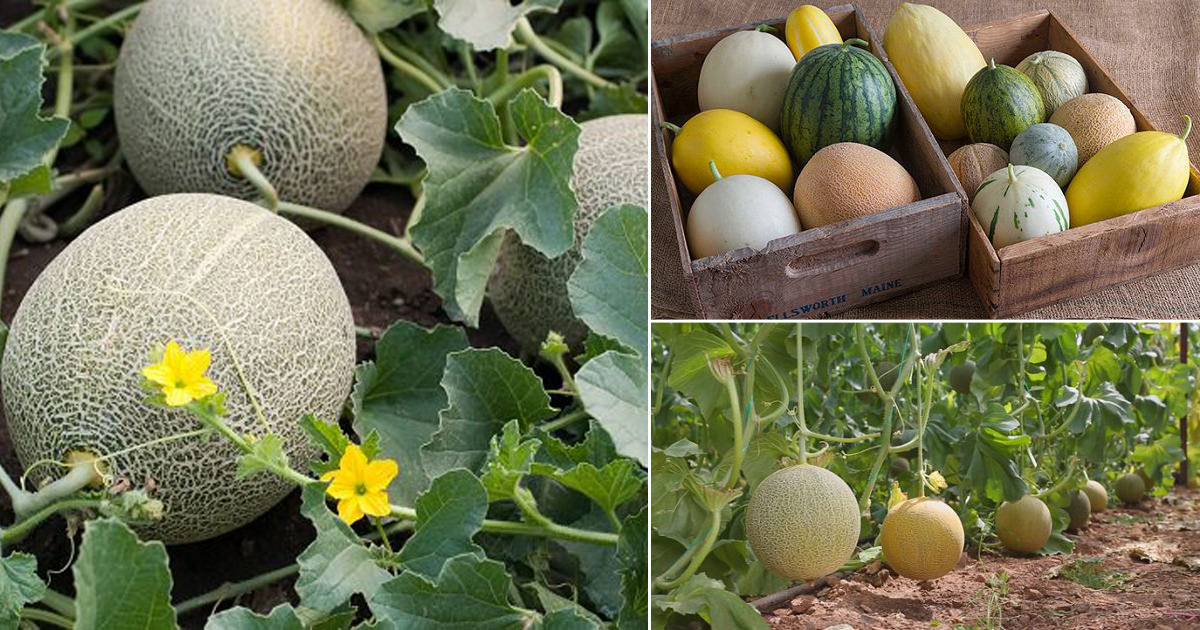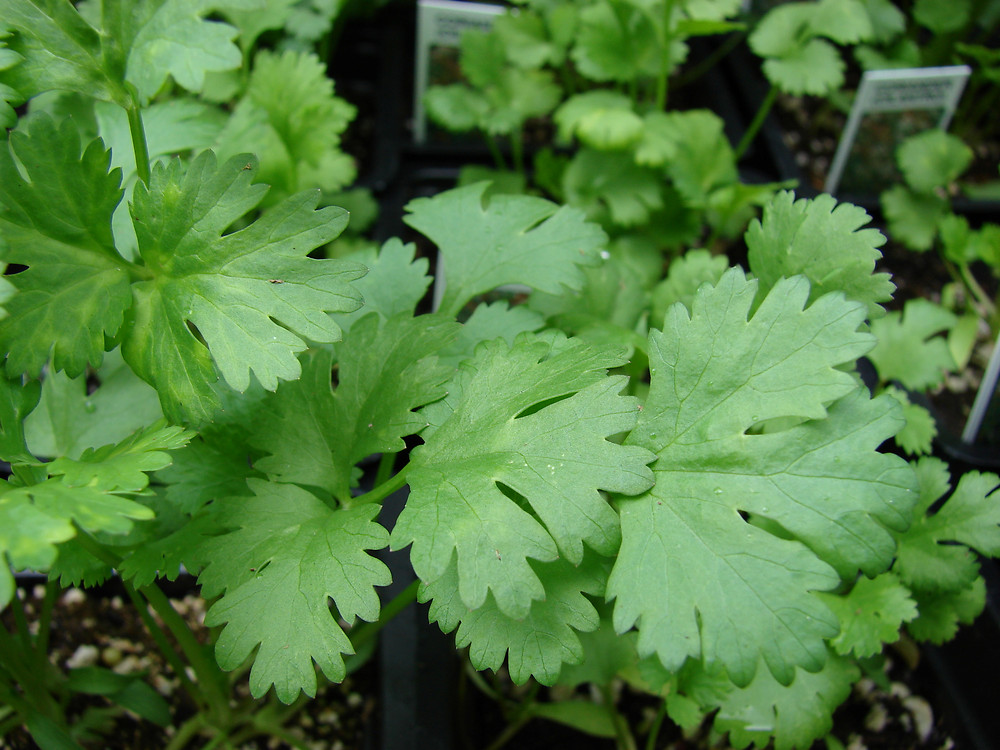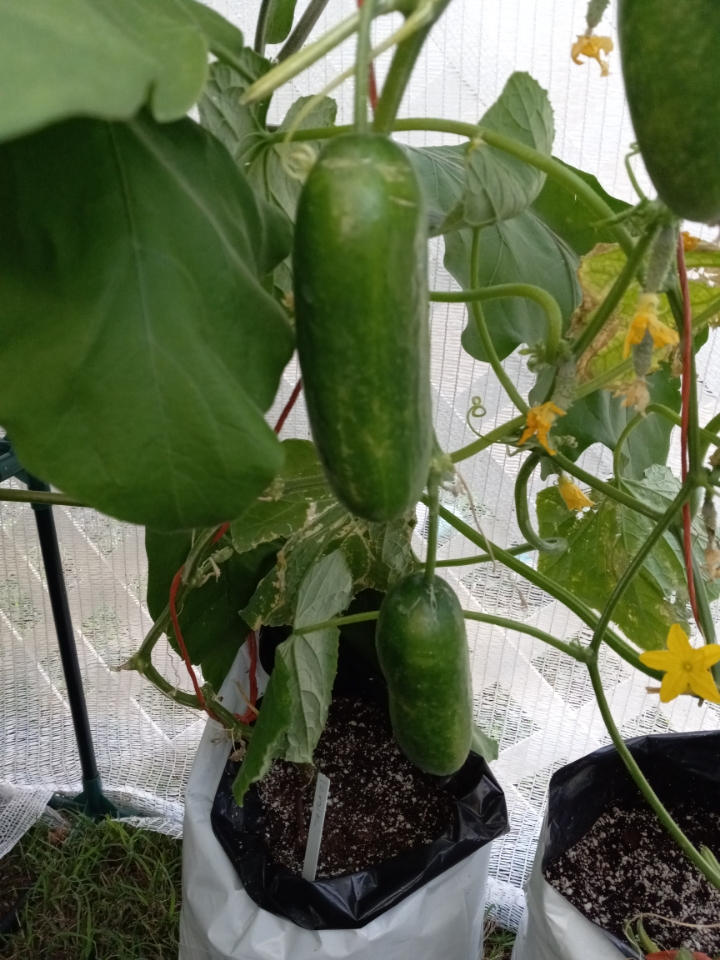
Editor’s Note: This is the second in a four-part series on the ancient plants and herbs of the Bible.
Society in biblical times was essentially an agrarian society where people lived in small towns, villages and close to the land that provided food, fuel, shelter, clothing and medicine for them. Like today’s modern society, bread was looked upon as the staff of life for ancient people. It was the mainstay diet of ancient Israel. Nonetheless, this second part of a four-part series will continue to explore the agricultural crops and herbs of the Bible.

Barley (Hordeum vulgare), which was considered a poor man’s food in ancient times much like pigeon peas in the West Indies, frequently was mentioned in Biblical history. Do you remember the 5,000 people that Jesus fed? It was five barley loaves and two small fishes. This miracle of multiplication by Christ blessing the five loaves, which were made from barley, and two fishes to feed the 5,000 people probably increased the status of barley in the agricultural industry of the ancient world. The book of John chapter 6 and verse 9 gives us the story of the five loaves and two small fishes. You can also find the story of the loaves and fishes in Matthew 14:13-21, Mark 6 :30-44, and Luke 9: 10-17.
“And there came a man from Baal-shalisha, and brought the man of God bread of the firstfruits, twenty loaves of barley, and full ears of corn in the husk thereof. And he said, give unto the people, that they may eat. And his servitor said, what, should I set this before an hundred men? He said again, Give the people that they may eat: for thus saith the LORD, they shall eat, and shall leave thereof. So he set it before them, and they did eat, and left thereof, according to the word of the LORD.” 2 Kings 4:42-44.
Today, barley is one of the most consumed grains in the Western diet. It is rich in vitamins, minerals, and other beneficial plant compounds. According to historians, barley is considered the first cereal grain cultivated by humans. It is known medicinally for lowering blood sugar, blood pressure and cholesterol. As a child, I remember the older people gave barley water to children that had prickly heat on their skin. According to botanists, the origin of barley is possibly in Egypt and Ethiopia, the Near East or Tibet.
Lentils (Lens culinaris) are one of my favorite beans. In the ancient world, lentils were commonly cooked due to their highly versatile and nutritious content. We all should remember the Jacob and Esau story in the Bible, when Esau sold his birthright for a pottage of lentil soup. Some historians tend to believe that the lentil soup of Esau contained red lentils, with onions, carrots, and probably meat such as lamb or venison, in this case, since Esau was a hunter. Lentils are also an important food crop for ancient Israel, as well as today for Jews and Arabs alike.
“Take thus also unto thee wheat, and barley, and beans, and lentils, and millet, and fitches, and put them in one vessel, and make thee bread thereof.” Ezekiel 4:9. You will find the story of Esau and Jacob in the book of Genesis chapter 25. Medicinally, lentils have a lot of benefits, including decreasing blood pressure and lowering the incidence of cardiovascular and heart disease. Lentils are thought to have originated in the Near East or the Mediterranean area of that region. By the way, lentils are a good source of protein for vegetarians.

Garlic (Allium sativum) is a powerful herb in preparing dishes. Egyptians love garlic in their food. “We remember the fish, which we did eat in Egypt freely; the cucumbers, and the melons, and the leeks, and the onions, and the garlick.” Numbers 11:5. This verse is referring to the children of Israelites when they left Egypt and remember the herbs they had when they made their dishes. Leeks, onions, and garlic were major agricultural crops cultivated since ancient times. These crops were important vegetables in the cookery of Middle Eastern culture.
Garlic is a powerful medicinal herb. This herb gives you strength and reduces the risk of disease if used regularly in dishes. Garlic has its place in our modern pharmacopoeias for its diaphoretic, antiseptic, diuretic and expectorant qualities. Garlic is native to northeastern Iran and Central Asia.

Coriander (Criandrum sativum) is another herb that was used in Biblical times. This herb is mentioned twice in the Bible. “And the house of Israel called the name thereof Manna: and it was like coriander seed, white; and the taste of it was like wafers made with honey.” Exodus 16:31. Coriander is a popular herb in cookery in the Middle East. It also has medicinal value as well. The seeds of this herb are an important aromatic ingredient of curry powder. When fresh, it smells rather unpleasant, but the odor of the plant improves as it dries. Coriander is native from Southern Europe, Northern Africa, to Southwestern Asia.
“We remember the fish, which we did eat in Egypt freely; the cucumber, and the melons, and the leeks, and the onions, and the garlick.” Numbers 11:5. According to Bible scholars, cucumber (Cucumis sativus) and Musk melon (Cucumis melo) were unlikely cultivated in biblical times. Musk melon is a tropical fruit that originated in East Africa, and has some similarity to the cucumber. In Egypt, these fruits are still cultivated and considered as the finest of all the melon-like fruits and cucumbers called “The Queen of the Cucumbers.”

Medicinally, cucumber and musk melon were valued for their cooling and cleansing properties of our bodies. These fruits contain about 96 percent water and are used for the treatment of inflammation, sunburn, sore eyes, spots, pimples and to make our skin smooth. Cucumber is believed to be native to India. However, it has been cultivated in Western Asia for 3,000 years. The book of Isaiah 1:8 also mentioned cucumbers.
Believe me, the history of plants and herbs of the Bible is fascinating.
Cucumber and Yogurt Soup
Recipe by Wilma Paterson
Ingredients:
2 cucumbers peeled, seeded and chopped
1¼ pint yogurt
½ onion chopped, or 3-4 spring onions
salt to taste
thin cucumber slices and 1 tbsp of dill, if available, for garnish
Method:
Blend the cucumber with the onion and yogurt in a blender or food processor until just smooth. Add salt to taste and chill before serving with a garnish of cucumber slices and chopped dill.
Read Part 1 of this series here.
— Olasee Davis is a bush professor who lectures and writes about the culture, history, ecology and environment of the Virgin Islands when he is not leading hiking tours of the wild places and spaces of St. Croix and beyond.





